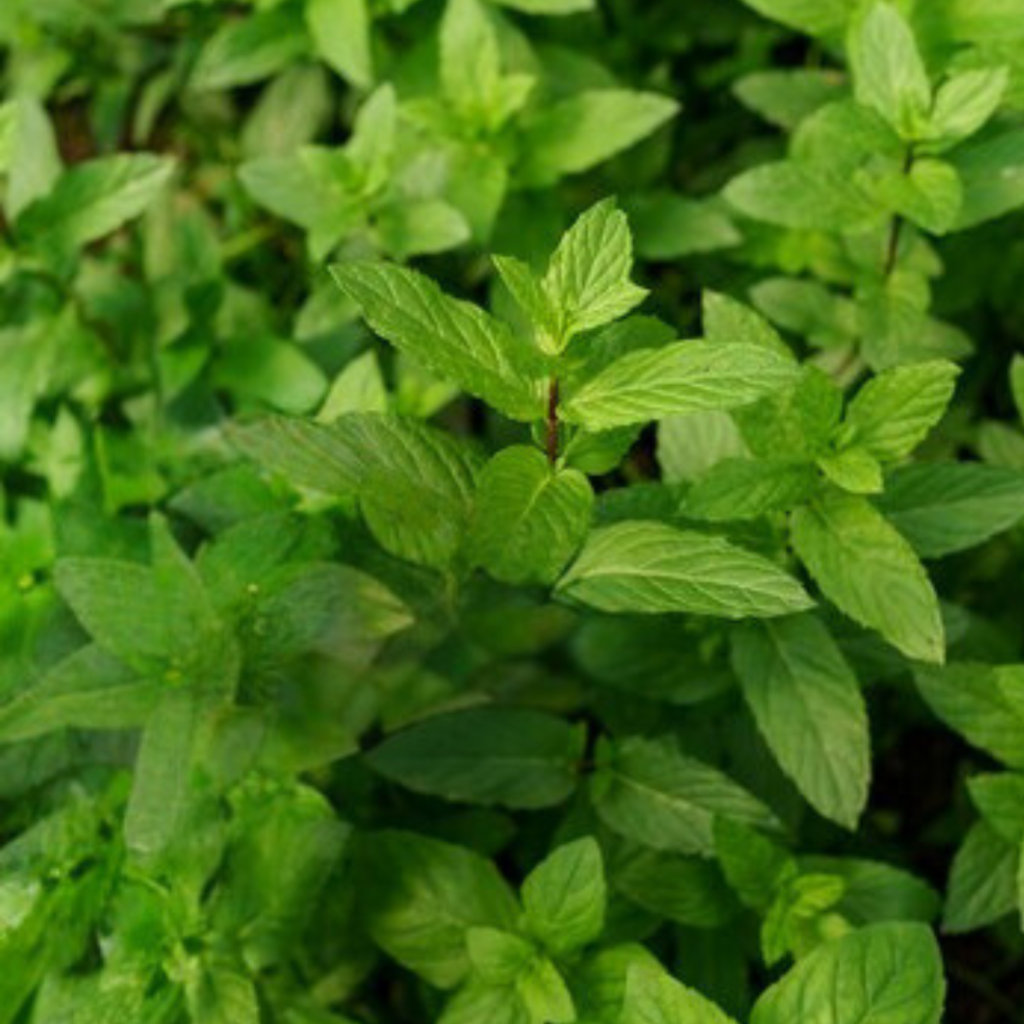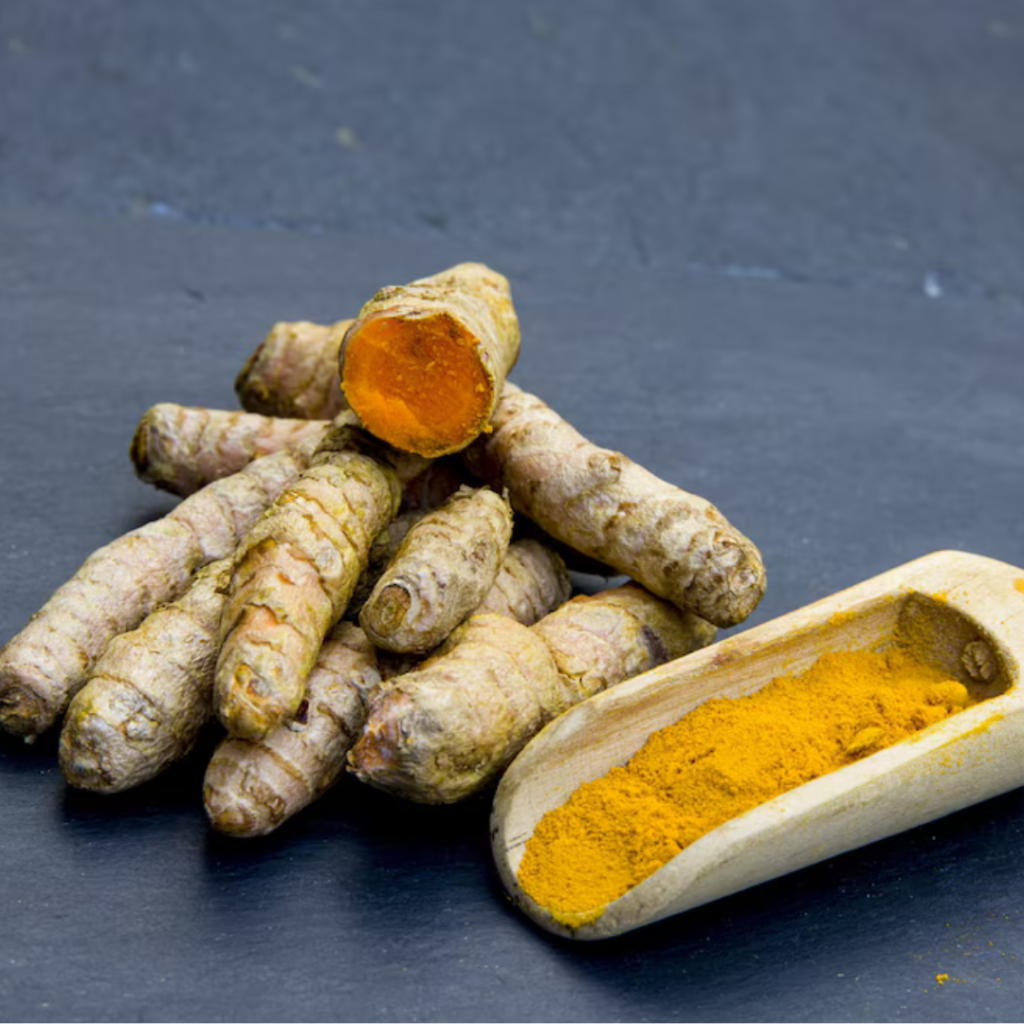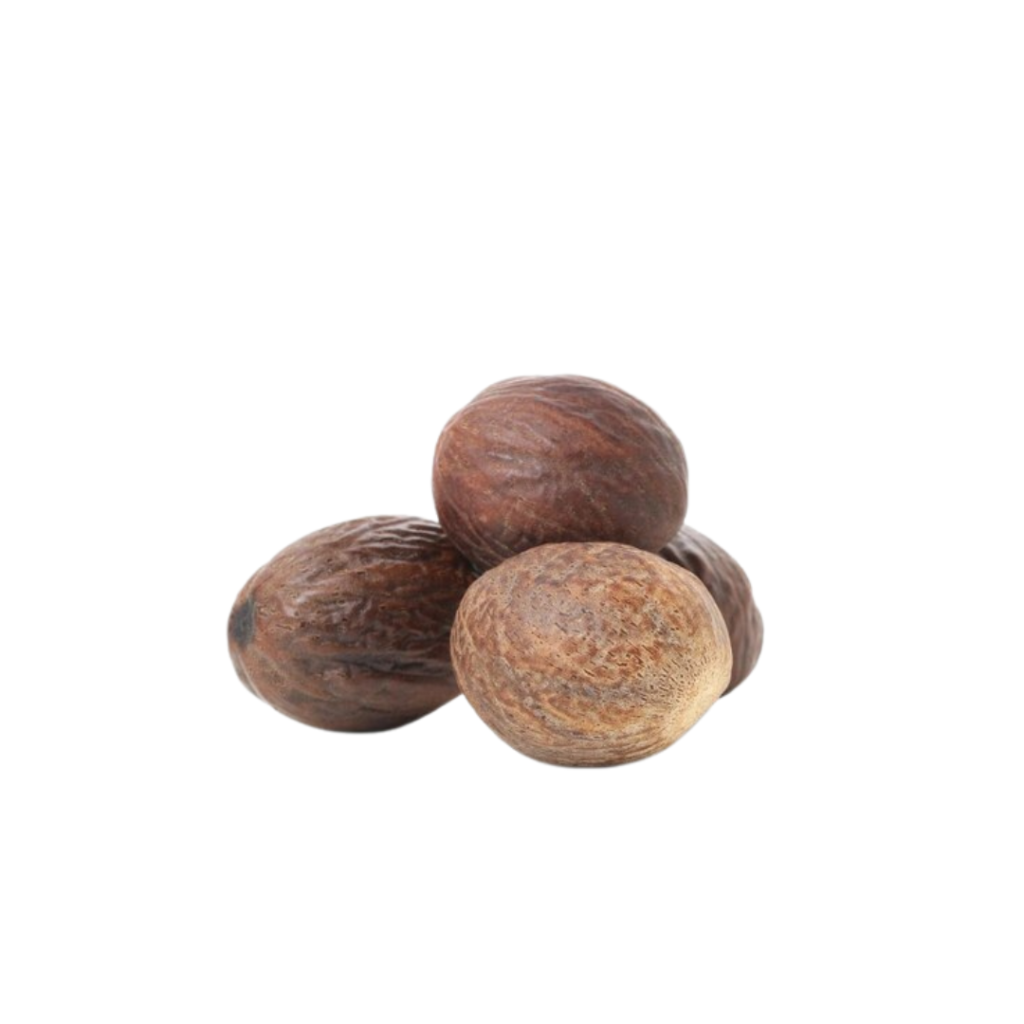Herbs and Harmony: The Ayurvedic Way to Balance Life
In our fast-paced modern world, the quest for balance and harmony often feels like a distant dream. The ancient science of Ayurveda offers a pathway to achieving this balance through natural means, primarily using herbs that have been revered for their healing properties for thousands of years. This blog explores the Ayurvedic approach to a balanced life, focusing on the role of herbs in promoting health and well-being.
Related Keywords:
- Ayurvedic herbs for balance
- Ayurvedic lifestyle
- Natural health with Ayurveda
- Healing herbs Ayurveda
- Ayurveda for well-being
Introduction to Ayurveda
Ayurveda, meaning “the science of life,” is a holistic healing system that originated in India over 5,000 years ago. It emphasizes the balance of mind, body, and spirit to achieve optimal health. According to Ayurveda, health is a state of equilibrium where the body’s doshas (vata, pitta, and kapha) are balanced. Herbs play a crucial role in maintaining this balance and addressing imbalances that cause disease.
The Ayurvedic Philosophy of Balance
Ayurveda teaches that everything in the universe, including our bodies, is composed of the five elements: earth, water, fire, air, and ether. These elements combine to form the three doshas:
- Vata (air and ether): Governs movement, including the movement of thoughts and impulses in the mind.
- Pitta (fire and water): Controls digestion, metabolism, and energy production.
- Kapha (earth and water): Provides structure and lubrication, maintaining stability and cohesiveness.
An imbalance in these doshas can lead to physical and mental health issues. Ayurveda uses dietary guidelines, lifestyle practices, and herbal remedies to restore balance and promote health.
Key Ayurvedic Herbs for Balance
1. Tulsi (Holy Basil)

By Sugar Nashak Aaushadhi https://khetseghar.com/
Benefits:
- Immune System: Boosts immunity and fights infections.
- Stress Relief: Acts as an adaptogen to reduce stress and anxiety.
- Respiratory Health: Eases respiratory ailments like asthma and bronchitis.
- Skin Health: Antimicrobial properties help treat acne and skin infections.
How to Use:
- Drink Tulsi tea regularly.
- Use Tulsi leaves in cooking.
- Apply Tulsi paste to the skin for topical benefits.
2. Ashwagandha

By Sugar Nashak Aaushadhi https://khetseghar.com/
Benefits:
- Stress Reduction: Reduces cortisol levels and improves stress resilience.
- Energy and Stamina: Enhances physical performance and reduces fatigue.
- Mental Clarity: Improves memory and cognitive function.
- Immune Support: Strengthens the immune system.
How to Use:
- Take Ashwagandha capsules or powder.
- Add Ashwagandha powder to smoothies or warm milk.
3. Turmeric

By Sugar Nashak Aaushadhi https://khetseghar.com/
Benefits:
- Anti-Inflammatory: Reduces inflammation in the body.
- Antioxidant: Protects cells from damage by free radicals.
- Digestive Health: Promotes healthy digestion and reduces bloating.
- Joint Health: Alleviates pain and stiffness in joints.
How to Use:
- Add turmeric powder to curries and soups.
- Drink turmeric tea or golden milk.
- Apply turmeric paste to the skin for its healing properties.
4. Triphala

By Sugar Nashak Aaushadhi https://khetseghar.com/
Benefits:
- Digestive Health: Promotes regular bowel movements and detoxifies the digestive tract.
- Antioxidant: Enhances overall health by reducing oxidative stress.
- Weight Management: Supports healthy weight loss.
- Eye Health: Improves vision and reduces eye strain.
How to Use:
- Take Triphala powder with warm water before bed.
- Use Triphala tablets or capsules as a supplement.
5. Neem

By Sugar Nashak Aaushadhi https://khetseghar.com/
Benefits:
- Skin Health: Treats acne, eczema, and other skin conditions.
- Blood Purification: Detoxifies the blood and supports liver function.
- Immune Support: Enhances the immune response.
- Oral Health: Prevents gum disease and dental cavities.
How to Use:
- Use neem oil or neem-based skincare products.
- Drink neem tea for internal benefits.
- Use neem toothpaste or mouthwash for oral health.
Incorporating Ayurvedic Herbs into Daily Life
Herbal Teas
Herbal teas are a simple and effective way to consume Ayurvedic herbs. Tulsi, ginger, and turmeric teas are popular choices. Herbal teas can be enjoyed throughout the day to support digestion, reduce stress, and boost immunity.
Cooking with Herbs
Incorporate Ayurvedic herbs into your daily meals. Turmeric, cumin, coriander, and fennel are common spices used in Ayurvedic cooking. These herbs not only add flavor but also provide numerous health benefits.
Herbal Supplements
For those who may not have the time to prepare herbal teas or incorporate herbs into meals, supplements are a convenient option. Ayurvedic supplements come in various forms, including capsules, powders, and tinctures.
Topical Applications
Use herbal oils and pastes for topical benefits. Neem oil, for instance, can be applied to the skin to treat acne and other skin conditions. Turmeric paste can be used for its anti-inflammatory properties.
Lifestyle Practices for Ayurvedic Balance
In addition to using herbs, Ayurveda emphasizes certain lifestyle practices to maintain balance and harmony.
Dinacharya (Daily Routine)
A structured daily routine helps in balancing the doshas. Key practices include:
- Waking Up Early: Rise before sunrise to align with natural rhythms.
- Oral Hygiene: Practice oil pulling and tongue scraping for oral health.
- Yoga and Meditation: Engage in regular yoga and meditation to calm the mind and strengthen the body.
- Abhyanga (Self-Massage): Perform a daily self-massage with warm oil to nourish the skin and promote circulation.
Ritucharya (Seasonal Routine)
Ayurveda also emphasizes adapting your lifestyle and diet according to the seasons. This helps in maintaining doshic balance throughout the year. For example, during the hot summer months (Pitta season), cooling foods like cucumber and watermelon are recommended, while in the cold winter months (Kapha season), warming foods like ginger and garlic are beneficial.
Pranayama (Breath Control)
Pranayama, or breath control exercises, are essential in Ayurveda for balancing the mind and body. Practices like Nadi Shodhana (alternate nostril breathing) help in calming the mind and balancing the doshas.
The Ayurvedic Diet
An Ayurvedic diet is tailored to an individual’s dosha and is crucial for maintaining balance. Here are some general dietary guidelines based on dosha:
Vata-Pacifying Diet
- Foods to Include: Warm, cooked foods; sweet, sour, and salty tastes; healthy fats like ghee and sesame oil.
- Foods to Avoid: Raw foods, cold foods, and dry or rough foods.
Pitta-Pacifying Diet
- Foods to Include: Cooling foods; sweet, bitter, and astringent tastes; foods with high water content like cucumber and melons.
- Foods to Avoid: Spicy, salty, and sour foods; fried and oily foods.
Kapha-Pacifying Diet
- Foods to Include: Light, dry, and warm foods; bitter, pungent, and astringent tastes; spices like ginger and turmeric.
- Foods to Avoid: Heavy, oily, and cold foods; sweets and dairy products.
Conclusion
Ayurveda offers a timeless approach to achieving balance and harmony in life. By incorporating Ayurvedic herbs and lifestyle practices into your daily routine, you can promote health and well-being naturally. Tulsi, Ashwagandha, Turmeric, Triphala, and Neem are just a few of the powerful herbs that can support this journey.
The Ayurvedic way emphasizes prevention and holistic healing, addressing the root causes of imbalances rather than just the symptoms. By embracing the principles of Ayurveda, you can create a life of harmony, vitality, and well-being.
Final Thoughts
The path to a balanced and harmonious life is a continuous journey. Ayurveda provides the tools and wisdom to navigate this journey with grace and ease. Whether you are looking to improve your physical health, mental clarity, or overall well-being, the Ayurvedic way, with its rich tradition of using herbs, offers a natural and effective solution.
Incorporate these practices into your daily life, listen to your body, and adjust as needed to maintain balance. Remember, health is not a destination but a dynamic state of being. With Ayurveda, you can cultivate a deeper connection to yourself and the natural world, leading to a more harmonious and fulfilling life.








Leave a reply